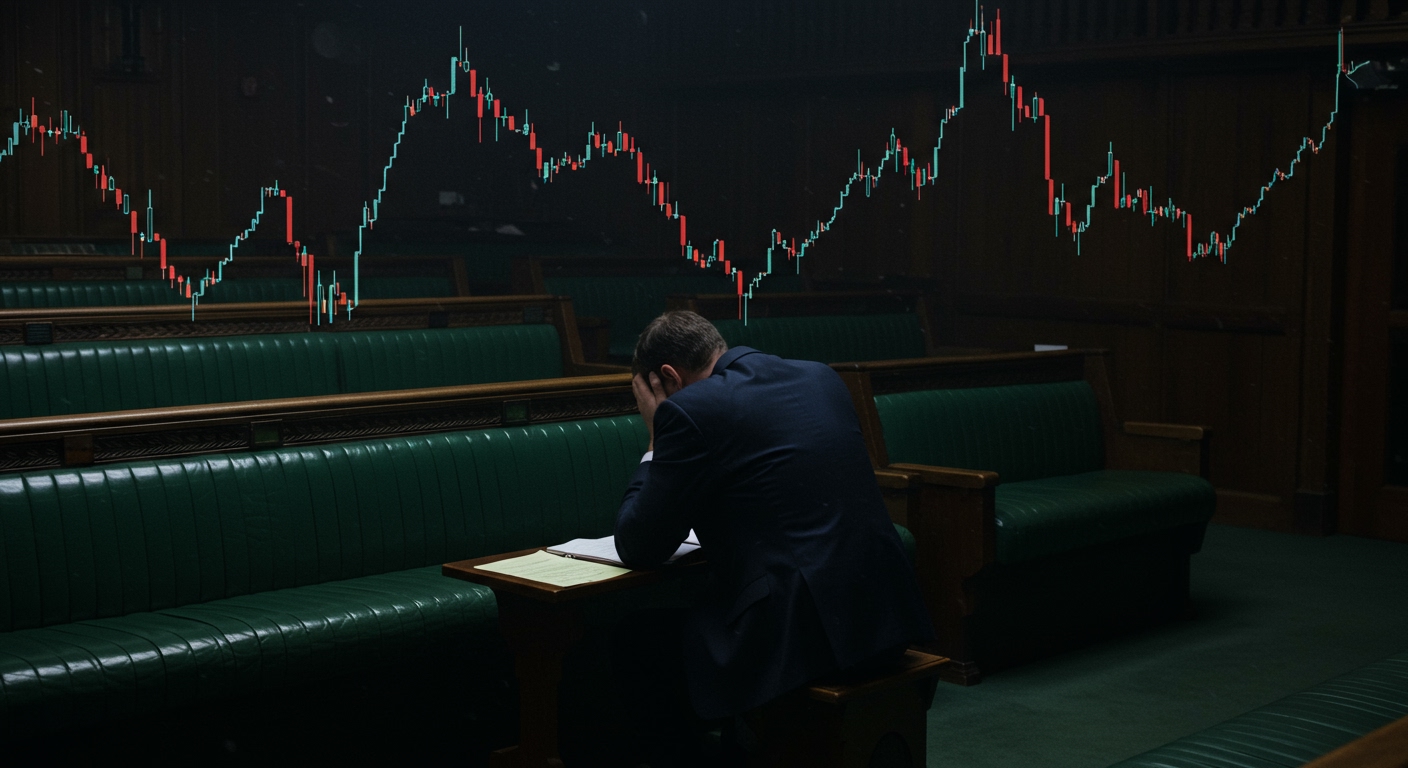Westminster and global financial markets reacted sharply this week following a visibly emotional display by the Shadow Chancellor of the Exchequer, Rachel Reeves, during Prime Minister’s Questions (PMQs) on Wednesday. Ms. Reeves later addressed her public distress, stating that she was “clearly upset” but underlined her professional obligation to support the government alongside Leader of the Opposition Keir Starmer.
The Scene at Prime Minister’s Questions
The incident unfolded as Mr. Starmer faced intense scrutiny in the House of Commons regarding the handling of a controversial welfare reform bill. The bill has become a significant political headache for the opposition, requiring the government to make substantial amendments and scrap key parts due to widespread opposition from scores of Labour lawmakers within their own ranks.
During the heated exchange on Wednesday, Ms. Reeves was observed showing visible signs of distress. Her emotional state did not go unnoticed by political opponents. Conservative MP Kemi Badenoch, speaking during PMQs, drew attention to the Shadow Chancellor’s demeanour, describing her as “absolutely miserable” and controversially labelling her a “human shield” for Mr. Starmer, implying she was bearing the brunt of the political pressure.
Following the session, Ms. Reeves acknowledged her emotional reaction. However, she framed it within the context of her role and duty. “I was clearly upset,” she reportedly stated, adding that despite her personal feelings, it was fundamentally her job to stand alongside and support the government, particularly Prime Minister Keir Starmer, during such politically charged moments.
Political Tensions and the Welfare Bill
The welfare reform bill at the heart of the controversy represents a challenging policy area for the Labour Party, attempting to balance reform objectives with concerns from its traditional support base and a significant portion of its parliamentary party. The necessity to scrap key provisions demonstrates the scale of the internal dissent Mr. Starmer has faced, forcing a retreat on elements of the proposed legislation.
This internal pressure and the resulting policy adjustment have put the leadership under considerable strain, with the spotlight inevitably falling on key figures like the Shadow Chancellor, who is responsible for outlining the party’s economic and fiscal credibility.
Market Reaction to the Display
The emotional display from such a senior economic figure reportedly had an immediate, palpable effect on financial markets. Reports indicate that the incident “spooked” investors, leading to observable shifts in key market indicators. The interest rate on the U.K.’s 10-year benchmark bond, a crucial barometer for long-term borrowing costs and economic confidence, rose sharply. Simultaneously, the value of the pound sterling fell against other major currencies.
Market analysts interpreted these movements as a signal of investor concern, particularly regarding potential instability in economic leadership. The reaction suggested worries about fiscal discipline and policy consistency, especially if the Shadow Chancellor, a figure seen by many as central to the opposition’s economic planning and credibility, were to leave her post amidst political pressure.
Leadership Response and Market Calm
In the wake of the market reaction and the political fallout, Prime Minister Keir Starmer moved to address speculation regarding Ms. Reeves’ position. He has since insisted publicly that Ms. Reeves will remain in her role as Shadow Chancellor. This clear statement of support from the party leader was reportedly intended to reassure both the parliamentary party and external stakeholders, including financial markets.
Reports indicate that Mr. Starmer’s insistence that Ms. Reeves will stay has reportedly calmed the markets, suggesting that continuity in the Shadow Treasury brief is viewed positively by investors seeking stability and predictability in economic policy signals.
During this period, Mr. Starmer also publicly praised Ms. Reeves’ handling of the economy, reinforcing his confidence in her capabilities. However, it is notable that while expressing immediate support and confidence, he did not explicitly guarantee her position would extend unchanged until the next general election, leaving a degree of future uncertainty open.
Conclusion
The incident involving Rachel Reeves at PMQs highlights the intense pressures faced by senior political figures, particularly when navigating complex policy debates like welfare reform. It underscores the close link between perceived political stability, the emotional resilience of key economic officeholders, and the immediate reactions of sensitive financial markets. The coming weeks will likely see continued focus on the welfare reform bill and the government’s unity as it seeks to project an image of credible economic stewardship.





